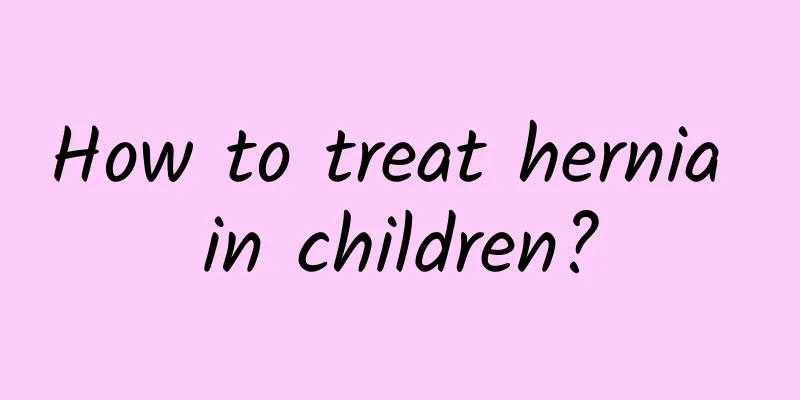Benefits of Medicinal Bath

|
Medicinal baths are appearing more and more frequently in our contemporary lives. Many people prefer medicinal baths because they know the benefits of medicinal baths. So, what are the benefits of medicinal baths? This is a question that many people want to know. Some people want to take a medicinal bath, but because they don't understand or are unfamiliar with it and don't know the specific benefits of it, they often don't dare to take it. In fact, there are many benefits of medicinal baths, and I believe that people who have taken medicinal baths are well aware of this. The so-called medicinal bath actually refers to putting medicinal materials into hot water so that the hot water can be infused with the medicinal effects. Different medicinal baths often have different effects and functions on the human body. So, in response to this situation, let’s talk about the benefits of medicinal baths. Medicinal baths have unique effects on the human body and have been valued by the medical community since ancient times. "Adding ingredients" to water before bathing can also help promote health. For example, adding a proper amount of white wine can cleanse the body and eliminate fatigue. It can also treat hemorrhoids, constipation and help enhance sexual ability. Medicinal baths have a history of thousands of years in China. According to records, scented baths have been popular since the Zhou Dynasty. The so-called fragrant soup is a medicine boiled with the Chinese medicine Perilla frutescens. It has a fragrant and rich smell, and has the effect of relieving heat and dampness, refreshing the mind and brain. The great patriotic poet Qu Yuan wrote in "Yun Zhongjun": "Bath in orchid soup and soak up the fragrance." His disciple Song Yu also said in "Ode to the Goddess": "Bathe in orchid water, and soak up the fragrance." Since the Qing Dynasty, medicinal baths have been highly praised by successive Chinese medicine practitioners as an effective method of preventing and treating diseases. Skin care and beauty recipe: 10 grams each of mung bean, lily and borneol, 30 grams each of talc, white aconite, angelica dahurica, white sandalwood and rosin. Grind it into powder and add it to warm water for bathing to make your face white, smooth and delicate. Recipe for hair health and beauty: Empress Dowager Cixi of the Qing Dynasty used 30 grams of linglingxiang, 15 grams each of rose and magnolia, 10 grams each of asarum, cloves and galangal, 90 grams of angelica, 20 grams of sandalwood and 12 grams of licorice. Grind them into fine powder, mix with 10 grams of storax oil and add it to bathe your hair. It can prevent hair loss and gray hair and keep your hair black and shiny all year round. Longevity health bath: Bathing with wolfberry decoction can make the skin shiny, prevent diseases and prolong life. Through the detailed introduction in the above article, I believe everyone should have understood the relevant benefits of medicinal baths. In fact, there are many benefits of medicinal baths, and the most common ones are beauty and skin care, hair care, and longevity health care, etc. So after knowing the specific benefits of medicinal baths, we can all take medicinal baths with confidence in the future. However, it should be noted that you must not take medicinal baths for a long time. |
<<: Why do my palms and soles sweat?
Recommend
Pregnant women have small bumps around nipples
Pregnant women should take safety precautions thr...
What are the ways to nourish the kidneys in winter?
The kidney is a very important organ for us. It i...
Cervical stretching exercises
Proper cervical stretching exercises can effectiv...
Folk Herbal Medicine for Lowering Blood Sugar
Traditional Chinese medicine is very profound. Ge...
Asafoetida cream
Health is something we all should know, but there...
How to treat acanthosis nigricans? Drug treatment is effective!
Acanthosis nigricans is a relatively rare skin di...
How to recover from drug addiction
Drug abuse is a rather terrible behavior that wil...
Why does my waist always ache?
Female friends always experience back pain after ...
What to do if the neck is red and swollen by insects
In the hot summer, mosquitoes are more rampant. W...
Why does eating pollen cause stomach pain?
For many women who focus on health preservation, ...
Peptic ulcer
We often cause certain changes in our digestive t...
Pain in the middle of the chest after swallowing food
Many people have experienced chest pain in life. ...
What are the effects and functions of cooked Eucommia ulmoides
Eucommia ulmoides is a common medicinal material,...
Blood disease fever
Blood diseases are more serious diseases of the h...
Can walnuts and eggs be eaten together?
Eating some walnuts properly on a regular basis c...









